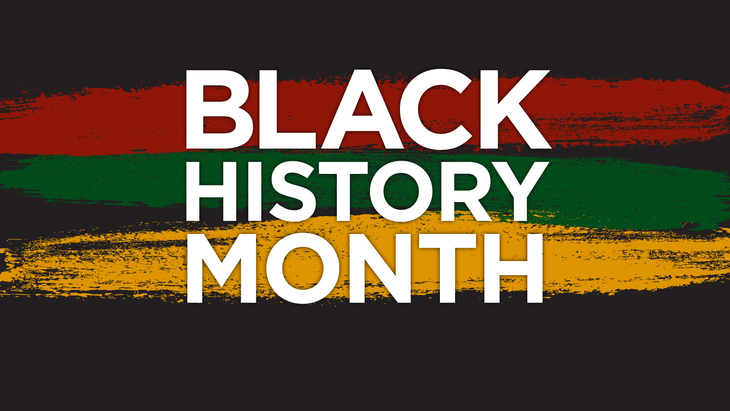Black History Month 2021 Determinations, Resources and Opportunities for Learning
Black History Month 2021 Determinations, Resources and Opportunities for Learning

Throughout the month of February, Oregon Food Bank will be celebrating and observing Black History Month to appreciate and recognize the achievements, contributions and sacrifices of Black Americans the country over.
Black History Month Background
Black History Month was established by historian Carter G. Woodson in 1926 in response to the lack of Black representation in educational institutions. Most history books focus on the traditional events and achievements of White Americans. Woodson’s goal was to highlight the contribution Blacks had in the creation of America and to increase visibility of Black culture. February was designated Black History Month, being the birth months of President Abraham Lincoln and Frederick Douglas, two Americans who played an important role in the abolishment of slavery. (Teaching Tolerance)
In 1976, President Ford encouraged Americans to “seize the opportunity to honor the too-often neglected accomplishments of Black Americans in every area of endeavor throughout our history.” (History) Since its official recognition, Black History Month provides everyone the opportunity to share, celebrate and understand the contributions of Black heritage and culture. Black culture is ingrained in the very fabric of modern American life, though it has long been denied, invisibilized and unattributed to Black Americans.
OFB’s Determination
At Oregon Food Bank, we recognize the dire need to address our country’s racist policies and systems that impact Black Americans so all people have the opportunity to thrive and contribute in community to our fullest capacity. Furthermore, genocide and generational trauma must be addressed, honored, learned from and atoned for. In our efforts to support this move toward a more equitable existence for all, we are committed to educating and encouraging activism at the local, national and global levels to make lasting change.
Learning Opportunities
Join us later this month as we welcome Dr. Khalid el-Hakim, founder of the Black History 101 Mobile Museum, in a virtual presentation of his 30-year-long work of collecting, framing and sharing black history as an integral part of the American experience. This virtual, 90-minute educational session is taking place on Friday, February 26, 2021 at 11am PST.
Despite demonstrable contributions to the creation of America, Black Americans are – to this day – discriminated against through and suffer from institutional racism – the systems, laws and policies in place that benefit the dominant race and keep all others from vital resources, services and the right to exist. As shared in our 2020 article on the significance of Juneteenth, the statistics are staggering:
- Though comprising just 14% of the general US population, African American households experience food insecurity at a rate of 21.2% — nearly twice the national average of 11% and more than double the 8.1% of White households. (USDA Household Food Security in the United States, 2019)
- Moreover, the poverty rate for Black American households is 22%, versus 9% for White households. (Henry J Kaiser Family Foundation, 2019) Poverty is a main driving force of hunger in America. (Feeding America)
- Black American unemployment is at least twice as high as unemployment among White Americans. (Economic Policy Institute, 2019)
While we await data from 2020, we know hunger in Oregon alone has nearly doubled, according to a December report from the OSU Policy Analysis Laboratory (OPAL). We know communities of color have borne the brunt of the pandemic’s effects, so the full impact and increase in rates of food insecurity among Black Americans may be more alarming than the across-the-board increase.
What can we do, then, to stave off disproportionate suffering from happening in the future? We can continue to organize and advocate for better laws and policies. We are, after all, the people, and our government and systems should be working for the benefit of all. The first step is to better educate ourselves so that we may identify areas in need of change.
Additional ways to advance in your personal journey in your respective communities:
Register for Dr. Khalid el-Hakim’s presentation on February 26th:
Visit these resources for additional learning:
Find and support local Black-owned businesses near you:
Join us in donating and supporting these Black-led organizations:
- Black Parent Initiative
- Mudbone Grown
- Portland African American Leadership Forum
- Urban League
- Kairos
- Beyond Black CDC
- Don’t Shoot PDX
- Black Food Sovereignty Coalition
- Black Covid Response
- Feed the Mass
Thank you for all that you do to end hunger for good.